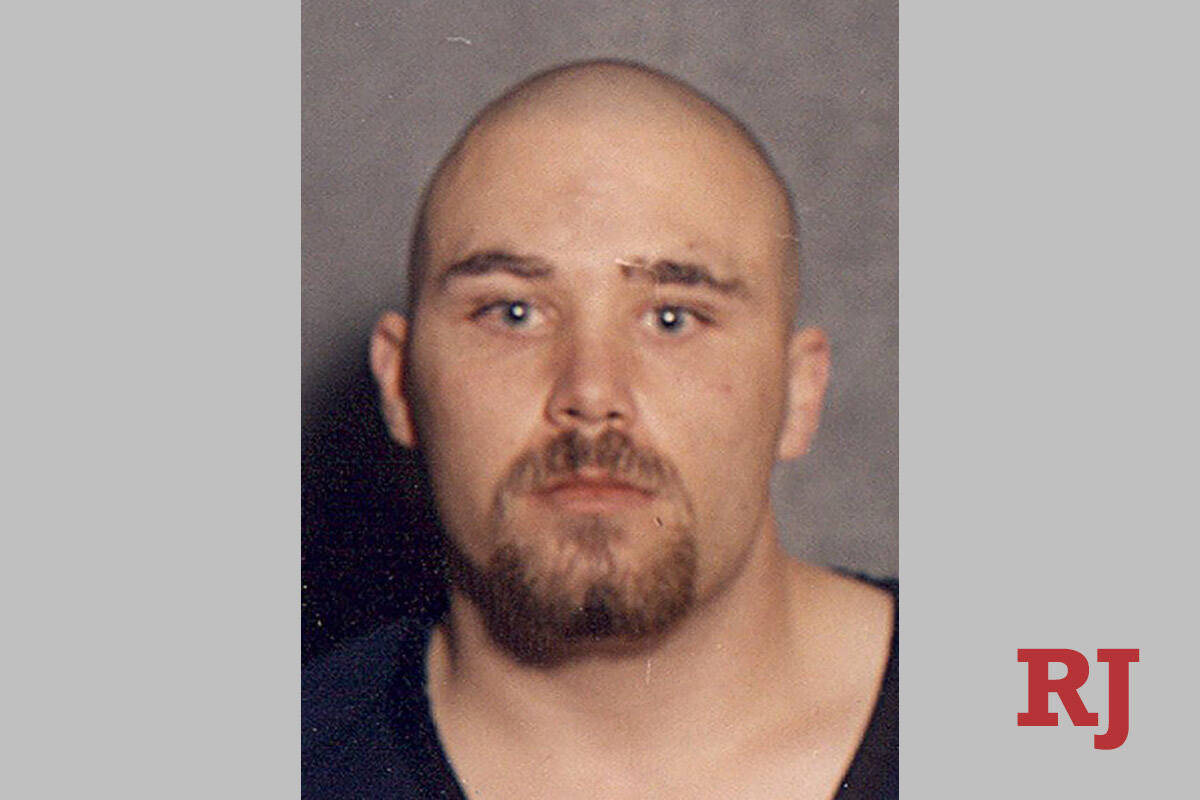Ruling delayed on quadruple killer Zane Floyd’s execution challenge
A federal judge held a hearing Monday but did not determine whether he will dismiss death row inmate Zane Floyd’s challenge to his execution.
U.S. District Judge Richard Boulware first said in April that the case could be considered moot and dismissed since some of the drugs the state intended to use for Floyd’s execution have expired. In May, attorneys on both sides argued in court documents that the case was not moot.
Boulware did not make a decision in the case during a court hearing on Monday, but instead set a status check for Oct. 11. However, the judge said he may issue an order before the next hearing.
The judge said he needed to consider if he should rule on the constitutionality of Nevada’s proposed protocol for executing Floyd, which includes details on which drugs would be used, how they would be administered, and how prison staff and medical professionals would be trained prior to the execution. Boulware noted that there is nothing preventing the Department of Corrections from changing the protocol at any point.
“It is not clear to me that there is any reasonable likelihood that this particular protocol … is ever going to be used,” Boulware said Monday.
State officials intend to combine drugs that have never been used together to carry out the death sentence. Experts called by Floyd’s lawyers to testify during an evidentiary hearing in November said the drugs could cause extreme suffering while Floyd is paralyzed and suffocating.
The drug cocktail includes the anesthetic ketamine, the painkiller fentanyl or the similar drug alfentanil, and potassium chloride or potassium acetate. The proposed protocol indicates that the state also could use cisatracurium, a paralytic drug.
Officials missed the deadline to secure Floyd’s execution warrant in February when the state’s supply of ketamine expired. The state’s last batch of cisatracurium also expired in April, according to court documents.
Chief Deputy Attorney General Randall Gilmer said Monday that prison officials are still searching for the drugs outlined in the protocol from the state’s pharmaceutical distributor, Cardinal Health. Boulware noted that it’s unclear if the state will be able to obtain drugs that way, but that the prison system is not required to disclose if officials are looking for different drugs through alternative routes.
Gilmer said other states have had difficulty obtaining drugs for lethal injections due to public disclosure laws that would reveal the names of the drugs’ suppliers.
“I do think that obviously Nevada could always change the law in regards to public disclosure,” Gilmer said.
The Department of Corrections previously has argued in court documents that officials do not need to reveal the identities of prison staff or medical personnel who would be involved in the execution.
Floyd’s attorneys, federal public defenders Brad Levenson and David Anthony, previously have argued in court documents that if Boulware does not rule on the case, he should issue an “administrative closure” that would allow them to reopen court proceedings quickly if officials are able to obtain the drugs called for in the execution protocol.
On Monday, Anthony said he had no objection to the court either issuing a ruling, ordering an administrative closure or allowing more time to see if state officials could obtain the drugs.
Floyd was sentenced to die for fatally shooting four people and gravely wounding another at a Las Vegas grocery store more than two decades ago.
Contact Katelyn Newberg at knewberg@reviewjournal.com or 702-383-0240. Follow @k_newberg on Twitter.


















